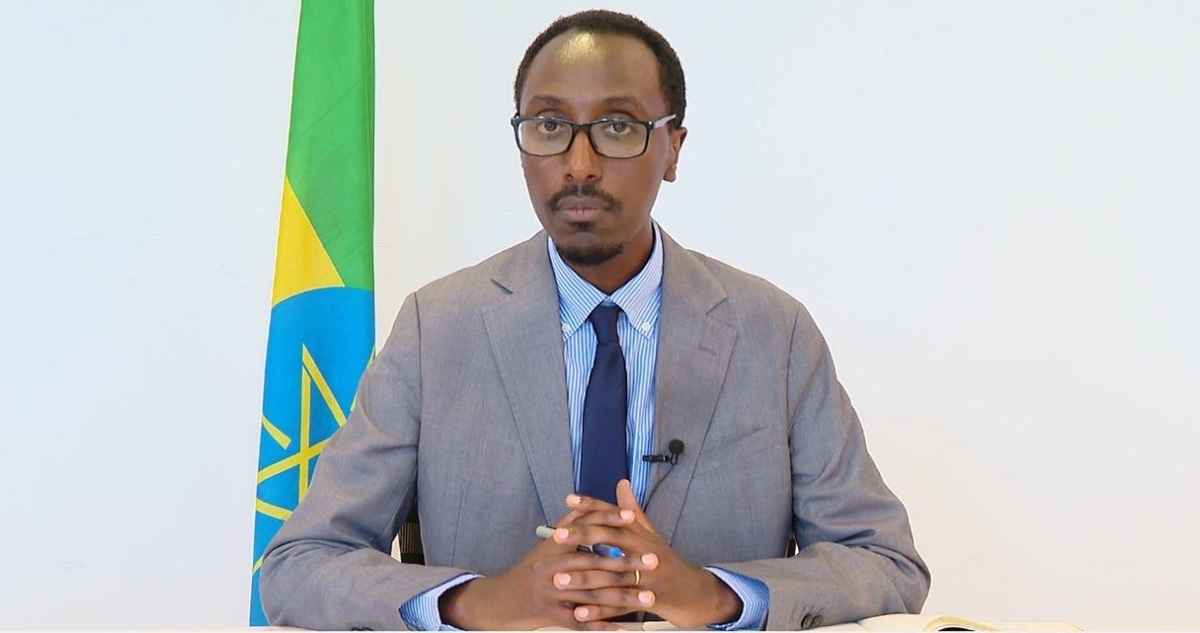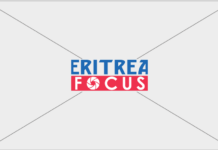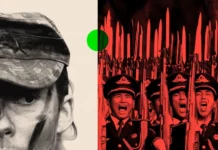Source: Addis Standard
Addis Abeba – Ethiopia’s Ministry of Foreign Affairs has accused the Eritrean government and the Tigray People’s Liberation Front (TPLF) of colluding to “wage war” against Ethiopia, alleging that the two are working together under a new alliance named “Tsimdo.” The ministry also alleges the two were involved in a recent offensive by the Fano militia aimed at capturing Woldiya.
In a letter dated 2 October 2025 addressed to UN Secretary-General António Guterre , Foreign Minister Gedion Timothewos said that the “collusion between the Eritrean government and the hardliner faction of the TPLF has become more evident over the past few months.” He asserted that the alliance is “actively preparing to wage war against Ethiopia,” and accused both actors of “funding, mobilizing, and directing armed groups such as Fano to expand the horizon of the conflict.”
According to the letter, the Eritrean government and TPLF were allegedly involved in a recent offensive by the Fano militia aimed at capturing Woldiya, a major town in the Amhara Region. The ministry claimed that TPLF commanders and fighters participated directly in the operation, with additional skirmishes reported in Raya and Welkait. These actions, it said, violate the 2022 Agreement for Lasting Peace through a Permanent Cessation of Hostilities signed in Pretoria between the federal government and the TPLF.
The ministry stated that the Ethiopian National Defense Forces (ENDF) have maintained “a defensive posture” and exercised “maximum restraint,” but warned that “the policy is not one of indefinite restraint.”
The letter described Eritrea as “the main architect of these nefarious activities,” accusing it of underwriting conflicts through “financial, material, and political support.” Eritrea’s actions, Gedion wrote, aim to “destabilize and fragment Ethiopia” under the pretext of feeling threatened by Ethiopia’s “quest to gain access to the sea.”
“Eritrea presents its hostile acts as preemptive defensive measures,” the minister said, calling such claims “pretexts invoked to justify Eritrea’s decades-old effort to destabilize Ethiopia.”
Gedion reaffirmed that Ethiopia remains committed to pursuing access to the sea “through peaceful means,” emphasizing that the government seeks “institutionalized economic integration mechanisms beneficial for both Eritrea and Ethiopia.” He said Ethiopia’s vision is “shared prosperity through integration that preserves the territorial integrity and sovereignty of both states.”
Reiterating Ethiopia’s readiness to engage in “good faith negotiations,” the minister urged the international community to pressure Eritrea to cease what he described as “direct and indirect acts of hostility” and to “respect Ethiopia’s sovereignty and territorial integrity.”
Gedion also called on international partners to continue efforts to promote “constructive engagement and cooperation” between Ethiopia and Eritrea, not only on maritime issues but also in broader regional matters affecting peace and stability in the Horn of Africa.
In July, Ethiopia’s Foreign Minister sent a letter to the U.S. Secretary of State Marco A. Rubio accusing Eritrea of “cooperating and coordinating” with a faction of the TPLF and other armed groups to launch major offensives during the rainy season. He further accused Eritrea of “repeated provocations,” “territorial occupation,” and sponsoring armed groups to destabilize Ethiopia. Gedion warned that such actions “violate international law” and threaten fragile peace and security in the Horn of Africa. AS







